Channels
Resources
Events Venues
SEARCH INFO
There are 74 results for "anvisa" on The Brazil Business.
BEST MATCHES
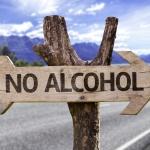
Advertising for alcoholic beverages is subject to many restrictions in Brazil. This article will explain the main ones and what changes this industry has recently faced.

The growing concern about the impact of food on people’s health has led to an interesting scenario for products like functional food. In this article, we will take a look at how to register functional food in Brazil.
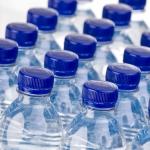
The bottled water industry in Brazil is going through some changes following the consumer change in behavior. In this article we will take a closer look at the Brazilian bottled water market.
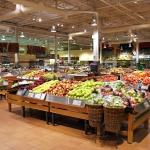
As the bureaucratic process of starting any business in Brazil is quite complicated, it is to be expected that starting a supermarket might not be the easiest task either. In this article we will explain how to start a supermarket in Brazil.

Perfumes, cosmetics, toiletries and similar products need to be registered with the National Agency of Health Surveillance, ANVISA, which regulates the production, import and trade of perfumes, cosmetics, toiletries, etc. It has established the criteria for the composition of the products, permitted and restricted ingredients, instructions for labeling and other related measures.

To incentivize the Brazilian healthcare industry the Brazilian government has created PROCIS, which is the Program for the Development of Industrial Health Complex, that prioritizes the national production of medicine and technology in the healthcare area. In this article you are going to learn about these investments.

Hair commerce is increasing in Brazil and becoming an important import good due to the growth of the beauty industry, where hair is used in the production of wigs and extensions. In this article, you will learn how to import hair to Brazil.
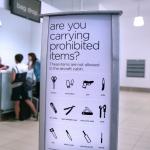
Whether it is due to strategic economic measures, to cultural beliefs or to health concerns countries may totally forbid the import of specific goods. In this article, we will look at which goods are prohibited to be imported to Brazil.

In this article you will learn about the process of importing donated goods to Brazil. This is a category of import that has specific procedures and certain restrictions.
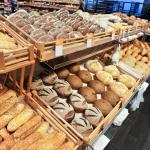
Currently, the sector of bakeries is the country's second largest food distribution channel and one of the six major industries. In Brazil there are around 64 000 small and medium-sized bakeries. In this article you will learn how to start this business in Brazil.

Brazilians are the largest consumers of cleaning products in Latin America spending an average of BRL 271,68 per year. According to Sebrae, an institution supporting the development of small and micro companies, Brazil has the fourth largest market in the word for cleaning products after the United States, China and Japan.
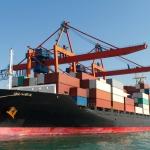
Most of the goods imported to Brazil go through a regular import process, but some are eligible for simplified custom clearance procedures. In this article we will list the items and categories that can benefit from this simplified process and what the basic steps for clearing these items into the country are.
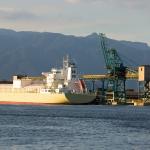
With a coastline of 8.500 navigable kilometers, Brazil has a very large port sector that is responsible for more than 90% of the country’s total exports and imports. In this article, we will learn more about the Brazilian port system and its infrastructural problems.
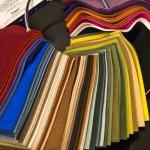
Getting your products in the hands of potential distributors, resellers or even buyers in Brazil is an effective way to prove the quality of the product and ensure that they meet the buyer's expectations. We will discuss in this article how to get your samples to your clients in Brazil.